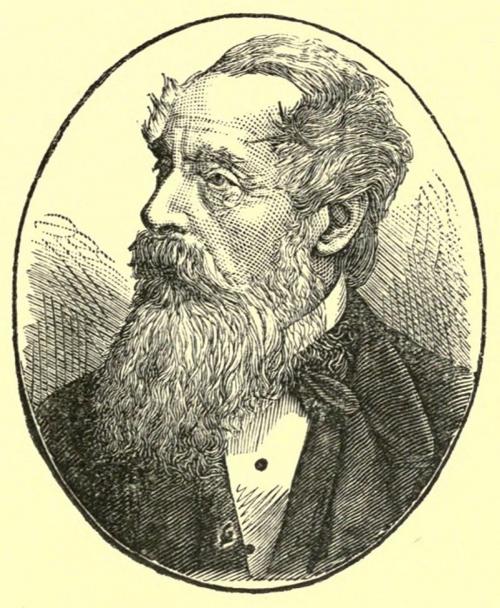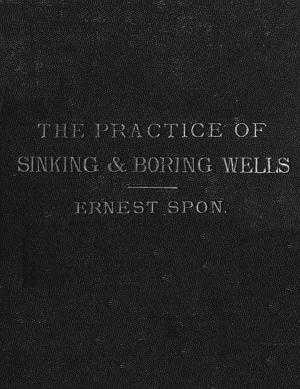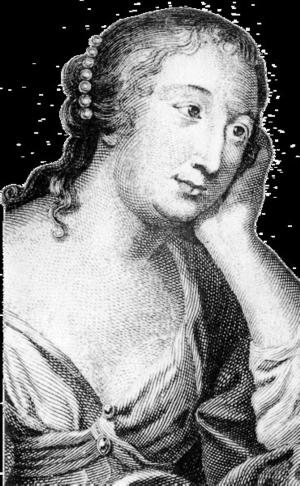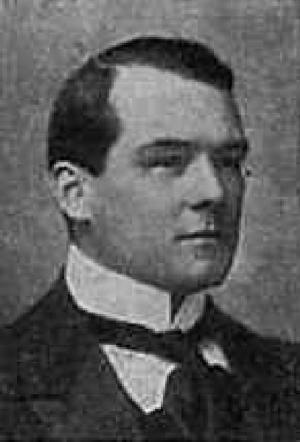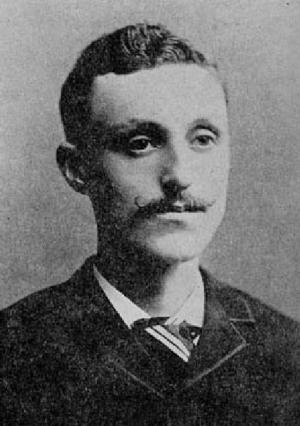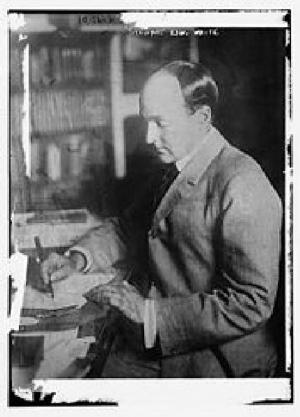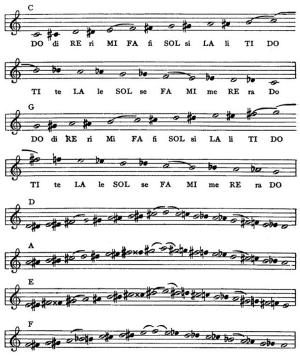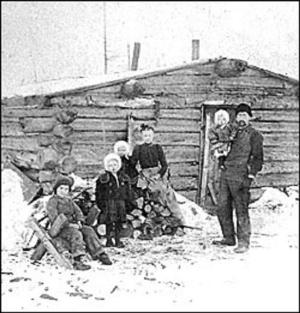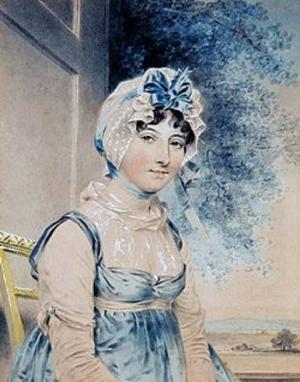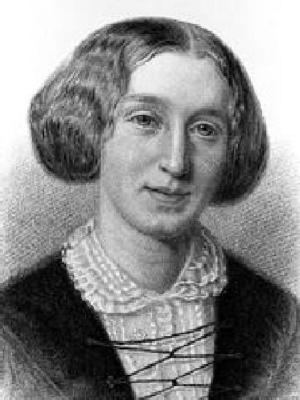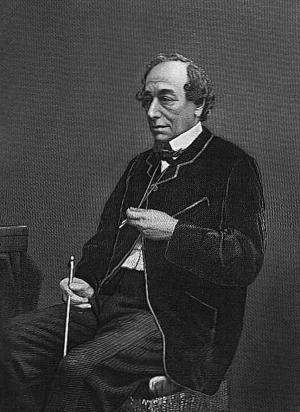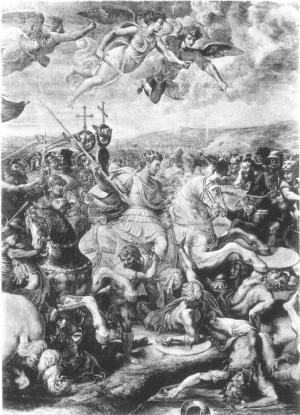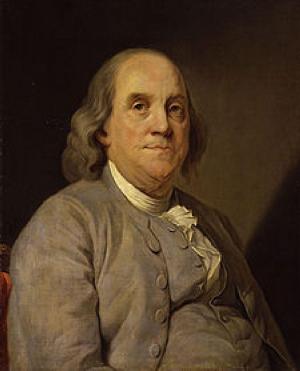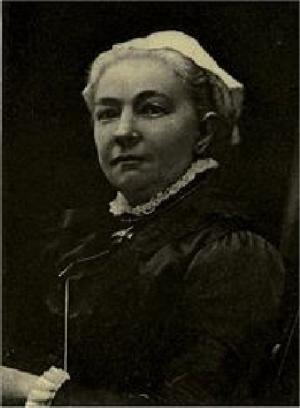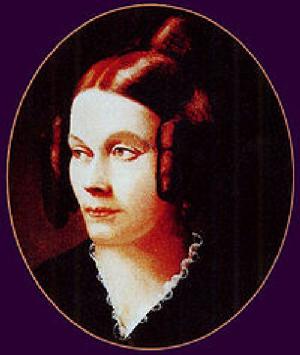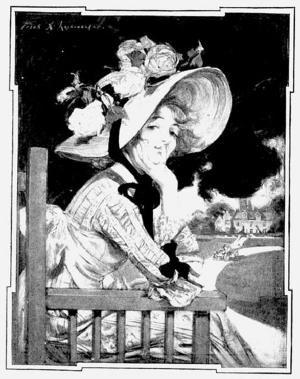| Author: | Kingston, W.H.G. | ISBN: | 9781455393916 |
| Publisher: | B&R Samizdat Express | Publication: | June 10, 2015 |
| Imprint: | Quench Editions | Language: | English |
| Author: | Kingston, W.H.G. |
| ISBN: | 9781455393916 |
| Publisher: | B&R Samizdat Express |
| Publication: | June 10, 2015 |
| Imprint: | Quench Editions |
| Language: | English |
This is a very nicely written little book. It is easy to read or listen to, yet is full of real-sounding dangerous situations from which the young heroes escape with difficulty. The hero and his sister, Ralph and Clarice, are from a farming family in the middle states of America. The father, unwillingly followed by the mother, decide to move to the west, but unfortunately first the mother, and then the father, dies, and the two young people are left without an adult to guide and lead them. Luckily, at that moment, a wagon train comes by, and the children hail it. The man in charge of the wagon train realises he is actually the uncle of these children, and agrees to take them with him, becoming their greatly beloved Uncle Jeff. Much of the rest of the book is taken up with various confrontations with Indians, with wolves and a bear or two thrown in for good measure. According to Wikipedia: "William Henry Giles Kingston (28 February 1814 - 5 August 1880), writer of tales for boys, was born in London, but spent much of his youth in Oporto, where his father was a merchant. His first book, The Circassian Chief, appeared in 1844. His first book for boys, Peter the Whaler, was published in 1851, and had such success that he retired from business and devoted himself entirely to the production of this kind of literature, in which his popularity was deservedly great; and during 30 years he wrote upwards of 130 tales, including The Three Midshipmen (1862), The Three Lieutenants (1874), The Three Commanders (1875), The Three Admirals (1877), Digby Heathcote, etc. He also conducted various papers, including The Colonist, and Colonial Magazine and East India Review. He was also interested in emigration, volunteering, and various philanthropic schemes. For services in negotiating a commercial treaty with Portugal he received a Portuguese knighthood, and for his literary labours a Government pension."
This is a very nicely written little book. It is easy to read or listen to, yet is full of real-sounding dangerous situations from which the young heroes escape with difficulty. The hero and his sister, Ralph and Clarice, are from a farming family in the middle states of America. The father, unwillingly followed by the mother, decide to move to the west, but unfortunately first the mother, and then the father, dies, and the two young people are left without an adult to guide and lead them. Luckily, at that moment, a wagon train comes by, and the children hail it. The man in charge of the wagon train realises he is actually the uncle of these children, and agrees to take them with him, becoming their greatly beloved Uncle Jeff. Much of the rest of the book is taken up with various confrontations with Indians, with wolves and a bear or two thrown in for good measure. According to Wikipedia: "William Henry Giles Kingston (28 February 1814 - 5 August 1880), writer of tales for boys, was born in London, but spent much of his youth in Oporto, where his father was a merchant. His first book, The Circassian Chief, appeared in 1844. His first book for boys, Peter the Whaler, was published in 1851, and had such success that he retired from business and devoted himself entirely to the production of this kind of literature, in which his popularity was deservedly great; and during 30 years he wrote upwards of 130 tales, including The Three Midshipmen (1862), The Three Lieutenants (1874), The Three Commanders (1875), The Three Admirals (1877), Digby Heathcote, etc. He also conducted various papers, including The Colonist, and Colonial Magazine and East India Review. He was also interested in emigration, volunteering, and various philanthropic schemes. For services in negotiating a commercial treaty with Portugal he received a Portuguese knighthood, and for his literary labours a Government pension."
